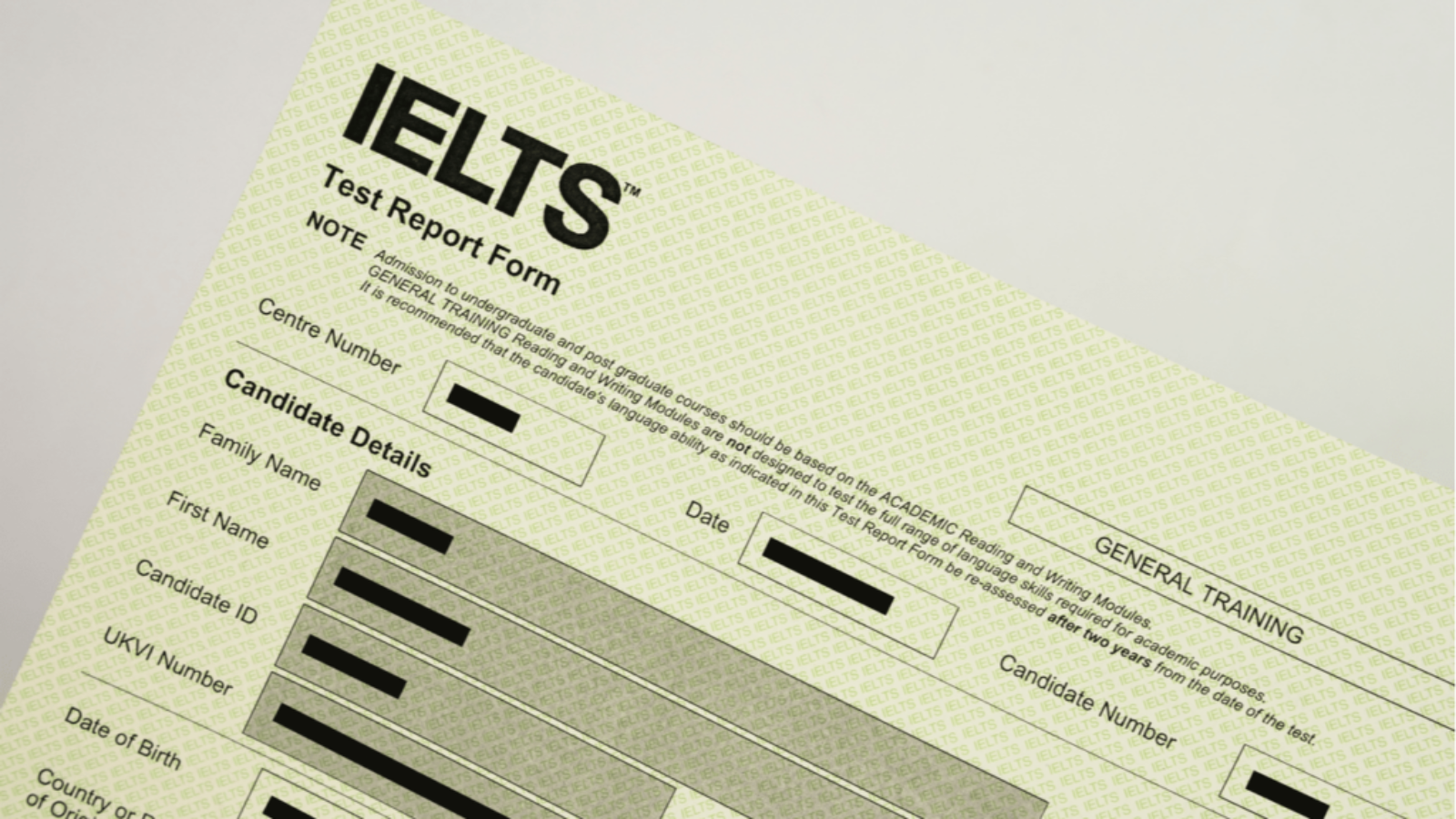The International English Language Testing System (IELTS) is one of the most widely accepted English language proficiency exams globally. Whether you’re a student planning to study abroad or seeking to work in an English-speaking country, IELTS is often a critical part of your journey. This exam is designed to evaluate your English language skills across four key areas: Listening, Reading, Writing, and Speaking. In this blog, we’ll explore the essentials of IELTS, how it’s structured, and provide tips on how to prepare effectively.

Why the IELTS Matters
The IELTS is required by many universities, colleges, and organizations around the world to ensure that candidates can communicate effectively in English. For students, especially those from non-native English-speaking countries like Nepal, performing well in the IELTS is a crucial step in securing admission to international universities. In addition, employers and immigration authorities use IELTS to gauge your English proficiency in professional and daily life.
There are two main types of IELTS exams:
- IELTS Academic: Designed for those applying for higher education or professional registration in an English-speaking environment.
- IELTS General Training: Focused on general language proficiency, suitable for migration, work, or training programs in English-speaking countries.
Breaking Down the IELTS Structure
The IELTS exam evaluates your English proficiency across four sections:
- Listening (30 minutes): You will listen to four recordings of native English speakers and answer a series of questions. The recordings may include conversations, lectures, and dialogues on various topics. The challenge here lies in capturing key information while understanding different accents and dialects.
- Reading (60 minutes): In this section, you will read texts ranging from descriptive to analytical and answer questions based on them. Academic IELTS includes complex texts from books, journals, and newspapers, while General Training IELTS features more practical content like advertisements or workplace documents.
- Writing (60 minutes): You will complete two writing tasks. In the Academic test, you’ll describe a chart, graph, or diagram in Task 1 and write an essay in Task 2. In General Training, Task 1 involves writing a letter, and Task 2 is an essay on a given topic.
- Speaking (11–14 minutes): The speaking section consists of a face-to-face interview where you’ll be asked questions about yourself, followed by a short speech on a specific topic, and then a discussion. This tests your ability to articulate ideas, maintain conversation flow, and respond naturally in English.

How to Prepare for the IELTS
Preparing for the IELTS requires time, effort, and a strategic approach. Here are some key tips to help you maximize your potential:
1. Familiarize Yourself with the Format
Understanding the structure of each section is the first step. Practice sample tests to familiarize yourself with the timing and question types. This will help you manage your time more effectively during the actual exam.
2. Improve Your Vocabulary
A strong vocabulary is essential for both the Reading and Writing sections. Focus on learning academic and general vocabulary words, depending on which version of the test you’re taking. Incorporate new words into your speech and writing to build fluency.
3. Practice Writing Essays
For the Writing section, practice organizing your thoughts and presenting them coherently. Work on structuring your essays with clear introductions, body paragraphs, and conclusions. Be mindful of grammar, punctuation, and sentence variety to avoid simple mistakes.
4. Enhance Your Listening Skills
Listening to English content such as podcasts, news reports, or TV shows can help improve your listening skills. Practice identifying the main ideas and details in these recordings, as well as focusing on different accents.
5. Engage in Conversation
For the Speaking section, practice speaking English regularly. Try engaging in discussions with friends, tutors, or even recording yourself. Pay attention to clarity, pronunciation, and the natural flow of conversation.
6. Take Mock Tests
Taking full-length mock tests is one of the best ways to gauge your readiness for the exam. Time yourself and simulate test conditions to build endurance and ensure you are comfortable working under pressure.

Common Mistakes to Avoid
While preparing for the IELTS, avoid these common pitfalls:
- Not managing time well: Many candidates spend too much time on one section, leaving insufficient time for others. Practice managing your time during mock exams.
- Overcomplicating responses: In the Writing and Speaking sections, clarity is more important than using complex vocabulary. Focus on expressing your ideas clearly and naturally.
- Ignoring instructions: Always follow the specific instructions given for each task. Failing to do so can lower your score, even if your answer is correct.
Conclusion: Achieve Success with Mercy Education
The IELTS is more than just an English test – it’s your gateway to new academic and career opportunities. With proper preparation, including understanding the test format, honing your skills, and avoiding common mistakes, you can achieve the band score you need. At Mercy Education, we provide expert guidance, personalized study plans, and comprehensive materials to help you succeed in your IELTS journey.
Contact us today to learn how we can support your IELTS preparation and help you take the next step toward your international education goals.



Add a Comment